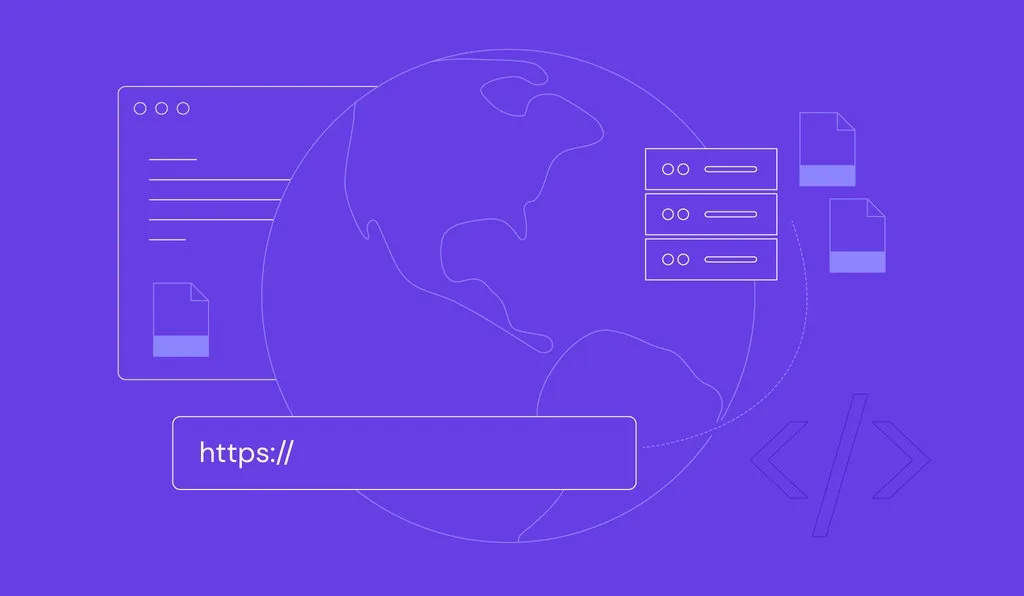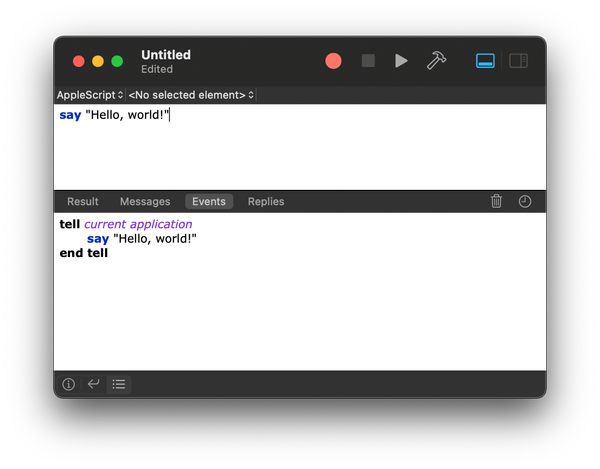The Security Advantages and Drawbacks of Self-Hosting Your Website
Website security is of paramount importance, one decision that website owners often face is whether to self-host their website or rely on a third-party hosting service.

Website security is of paramount importance, one decision that website owners often face is whether to self-host their website or rely on a third-party hosting service. Self-hosting refers to the practice of hosting a website on your own server infrastructure, while third-party hosting involves entrusting the hosting responsibilities to a specialised hosting provider. This article will explore the security advantages and drawbacks of self-hosting your website.
Advantages of Self-Hosting
Enhanced Control
Self-hosting your website gives you complete control over the server infrastructure, allowing you to implement security measures tailored to your specific needs. You can choose and configure the operating system, firewall settings and other security software according to your requirements. This level of control enables you to respond quickly to security threats and implement necessary patches or updates.
Data Privacy
By self-hosting, you maintain full control over your website's data. This can be crucial for businesses that handle sensitive customer information, such as personal details or financial data. Self-hosting allows you to implement robust security measures, including encryption and access controls, ensuring that your data remains private and protected.
Reduced Dependency on Third Parties
Self-hosting reduces your reliance on third-party hosting providers. By eliminating this dependency, you can mitigate the risk of potential security breaches resulting from vulnerabilities in the hosting provider's infrastructure. Additionally, you have the flexibility to choose and configure the security tools and protocols that best suit your website's requirements.
Cost Efficiency
Self-hosting can be cost-effective, especially for smaller websites or businesses with limited budgets. By eliminating hosting fees, you can allocate resources towards implementing and maintaining robust security measures. Additionally, self-hosting allows you to scale your infrastructure as your website grows, ensuring that your security measures keep pace with your needs.
Cloudflare Zero Trust Tunnel
One of the security advantages of self-hosting is the ability to leverage the Cloudflare Zero Trust Tunnel. This technology allows you to establish a secure connection between your self-hosted website and Cloudflare's global network. The Zero Trust Tunnel encrypts all traffic between the visitor and your server, protecting it from eavesdropping and tampering. It also ensures that only authenticated and authorised traffic reaches your server, reducing the risk of unauthorised access or distributed denial-of-service (DDoS) attacks.
Cloudflare's Zero Trust Tunnel also provides additional security features such as IP whitelisting, rate limiting and bot protection. These features help protect your self-hosted website from malicious activities, such as brute-force attacks or automated bot traffic.
Drawbacks of Self-Hosting
Technical Expertise
Self-hosting requires a certain level of technical expertise. Setting up and maintaining server infrastructure, configuring security measures and troubleshooting potential issues can be challenging for individuals or businesses without the necessary skills. Lack of expertise increases the risk of misconfigurations or overlooking critical security aspects, potentially exposing your website to security vulnerabilities.
Infrastructure Maintenance
Self-hosting a website means taking on the responsibility of maintaining the server infrastructure. This includes ensuring hardware reliability, monitoring for hardware failures and performing regular backups. Failure to adequately maintain the infrastructure can lead to downtime, data loss and security breaches.
Internet Connectivity and Bandwidth
Self-hosting requires a stable and high-speed internet connection. If your internet connection is unreliable or experiences bandwidth limitations, it can impact the availability and performance of your website. Additionally, handling high volumes of traffic may require significant bandwidth, which can be costly and challenging to manage.
Increased Attack Surface
Self-hosting exposes your website to a potentially larger attack surface. By hosting your own infrastructure, you become responsible for securing not only the web server but also the underlying operating system, network devices and other components. Each additional component introduces potential vulnerabilities that need to be identified, monitored and patched regularly.
Conclusion
Self-hosting your website provides enhanced control, data privacy, reduced dependency on third parties and cost efficiency. It also allows you to leverage security technologies like the Cloudflare Zero Trust Tunnel, which enhances the security of your self-hosted website. However, self-hosting requires technical expertise, infrastructure maintenance, reliable internet connectivity and increases the attack surface. When considering self-hosting, it is crucial to weigh the security advantages against the potential drawbacks and ensure that you have the necessary resources and expertise to maintain a secure hosting environment.



